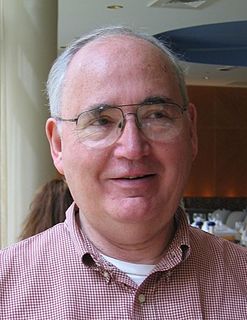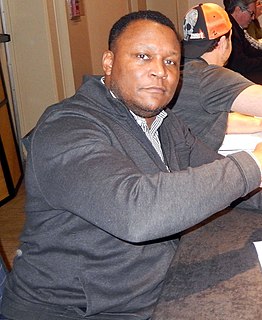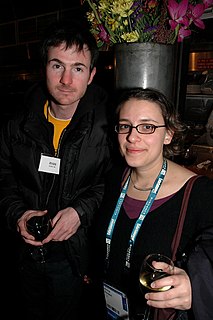A Quote by Ralph Waldo Emerson
Eloquence is the power to translate a truth into language perfectly intelligible to the person to whom you speak.
Related Quotes
Then I speak to her in a language she has never heard, I speak to her in Spanish, in the tongue of the long, crepuscular verses of Díaz Casanueva; in that language in which Joaquín Edwards preaches nationalism. My discourse is profound; I speak with eloquence and seduction; my words, more than from me, issue from the warm nights, from the many solitary nights on the Red Sea, and when the tiny dancer puts her arm around my neck, I understand that she understands. Magnificent language!
I think public intellectuals have a responsibility - to be self-critical on the one hand, to do serious, nuanced work rigorously executed; but to also be able to get off those perches and out of those ivory towers and speak to the real people who make decisions; to speak truth to power and the powerless with lucidity and eloquence.
If people depend on me to be a man of truth, I have to prove again and again and again and again that I am a man of truth. It cannot be that on Monday I am a man of truth, on Tuesday I speak three-quarters truth, Wednesday I speak half-truth, on Thursday I speak one-quarter truth, on Friday I don't speak at all, and on Saturday I can't even think how to speak the truth.









































